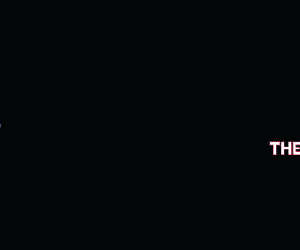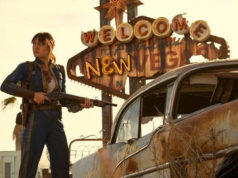Werner Herzog isn’t the last filmmaker you’d expect to make a straight-up drama about U.S. military heroism, but he’d be pretty far down the list.
The German New Wave giant has been directing movies since the 1960s, and after spending more than 20 years off the radar, he recaptured the world’s attention two years ago with his disturbing documentary Grizzly Man. His latest film Rescue Dawn has been overrated somewhat because its choice of subject matter is so out of keeping with Herzog’s familiar themes — he tends to prefer characters possessed by delusions of grandeur. The movie isn’t a masterpiece, but it’s still quite good, fitting into a generic framework many moviegoers will be familiar with, while retaining its own uniqueness.
The film is based on the events covered in Herzog’s 1997 documentary Little Dieter Needs to Fly. Dieter Dengler was a U.S. Navy pilot who was shot down over Laos and subsequently captured by the Pathet Lao (the local equivalent of the Viet Cong) in the early days of the Vietnam War. He spent several months in a prison camp being tortured and starved, all the while planning a jailbreak for himself and his fellow POWs. Though he succeeded in breaking them out, he was the only one who survived to tell their story.
Christian Bale portrays Dieter and delivers a spellbinding reading of a monologue in which Dieter remembers first wanting to fly a plane. That speech is taken almost verbatim from one of Dengler’s interview responses in Little Dieter, but it’s also strongly reminiscent of a scene from Steven Spielberg’s 1987 film Empire of the Sun, which starred a 13-year-old Bale. The lead actor is excellent here, as is Steve Zahn as fellow inmate Duane Martin, who’s been psychically broken by his imprisonment. On first viewing, though, both men’s work tends to be obscured by the foliage. Herzog seems to love nothing more than chopping his way through a foreign jungle, and as a result his actors might get more credit for just surviving the shoot than for their performances.
Rescue Dawn actually leaves out many of the more harrowing elements in Dengler’s story and tones down the torture scenes to the point that it earns its PG-13 rating. Yet this doesn’t make the film any less powerful. Herzog turns out to have a fair touch with action scenes, even inspiring bombastic hack composer Klaus Badelt to pen some creative suspense music. Elsewhere, his typically slow pace serves the material well. In the middle section, he captures the tedium of prison life that serves as a backdrop to the inmates’ furtive escape plans. After the prison break, Herzog manages to take in the beauty of the jungle setting while at the same time depicting the drip-drip-drip of Dieter’s life on the run. This strategy pays off greatly at film’s end, when the hero’s welcome that greets Dieter on board his aircraft carrier makes for a finale that’ll lift you out of your seat. What better way to mark a filmmaker’s resurgence than this tribute to a pilot’s extraordinary will to survive?











